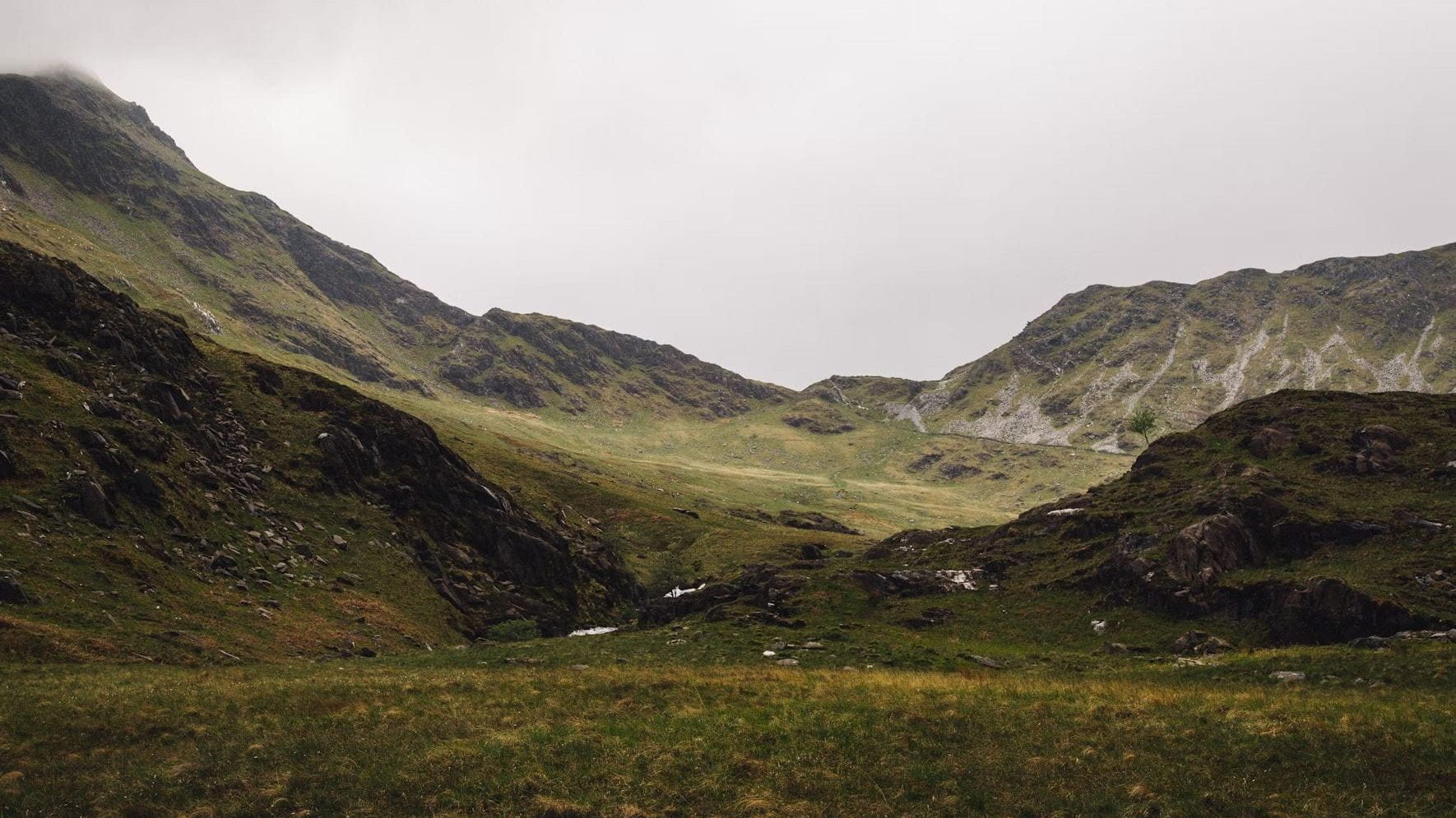Guest post by Amber Sahara Donovan

Only in Silence can you hear the wisdom of Gaia
Sometimes silence is necessary to experience the truth that cannot be communicated in words. When in nature, silence can help us to access the wisdom of the natural world, the wisdom of Gaia.
Gaia is the name of the ancient Greek earth goddess. More recently, Gaia was revived by NASA scientist James Lovelock and microbiologist Lynn Margulis to name their vision of our home planet as an organism itself, an organism so large that humans are reimagined as something like bacteria.
The presence of humans, like bacteria, is neither inherently good nor bad. Many of us would consider the bacteria that make up our gut microbiome as part of our bodies. However, when bacteria amass in our body in a less helpful way, we don’t consider this ‘part of us’ and instead call it an infection. Humans stand in a similar relation to Gaia. When our movements support this great system of life, we are part of it and when our movements are destructive, we become an infection.
In the West, our daily movements are sadly more akin to infection than microbiome. Acts of sacrilege rather than reverence. Our culture of overconsumption does not support the internal homeostasis of Gaia; it threatens it. Facing this reality is hard. Especially when it often feels like no matter how many changes we make to our individual consumption habits, it is but a drop in the water compared to what is happening on a larger scale.
Thoughts like these have often filled my head and weighed down my heart with hopelessness and despair. What can I do?! How can I help?! Will it ever be enough?!
A tonic for such thoughts can be found in Silence. In Silence with Nature. Silence in the presence of those parts of Gaia whose status as part of her – as microbiome or vital organ, rather than infection – is indubitable.
Here I want to bring attention to a specific kind of silence that the beauty of Nature can impose upon us, where our senses drink in not only the view but also the entire atmosphere that permeates our existence. In this silent moment, our eyes widen in awe, and elation expands through our chest. We feel a rush of connection and a primal sense of belonging so deep that our ego seems to dissolve. For a moment, we become one with the natural world and experience the profound realisation that everything is connected. We glimpse what it feels like to be a true part of Gaia: microbiome and not infection. To care as deeply about Gaia’s health as we do our own, for in that moment, we realise they are one and the same.
This phenomenon was dubbed ‘Self-realisation’ by Arne Naess (1989), the father of the Deep Ecology movement. He suggests that this visceral realisation of the interconnectedness of all things is fundamental to environmentalism. Such an experience is most readily had in Nature. It both humbles us and reminds us of who we are. Reminds us that we are part of a larger whole: that its health is our health.
A similar phenomenon, called ‘the overview effect’, describes the effect that seeing Gaia from space has on astronauts (Yaden et al., 2016). It is characterised by an overwhelming feeling of awe, a profound understanding and sense of the unity and interconnection of life and a renewed sense of responsibility for taking care of the environment. Interestingly, these astronauts also report lower levels of depression and anxiety after returning from space. Once again, this is an experience so arresting that it plunges you into silence.
Importantly, attempts to render these experiences in words will inevitably fall short. Words cannot fully capture these experiences. They are ineffable and must be felt. Therein lies their transformative power.
Yet, most of us will never go to space. And spontaneous experiences of Self-realisation don’t happen all that often. Most of the time, to have such an experience, some conscious effort is required to shift our attention. Silence is paramount here.
In the beautiful book ‘The Living Mountain’ – often described as a love letter to the Cairngorms – Nan Shepherd reflects that the right kind of hill companion “does not detract from, but enhances, the silence”. She contrasts this with those whose incessant chatter “left [her] weary and dispirited, because the hill did not speak.” (Shepherd, 2009: 39).
It is all too easy to walk in the hills and yet forget to be silent and allow space for the hill – for Gaia – to speak.
We must learn to quiet the voice that wants to measure and quantify. The voice that wants to know exactly how we are going to fix things. The voice that wants to pin things down and put them in boxes. The voice that wants certainty without faith.
When the hill speaks, it does not speak in words. It does not shame nor chastise. It does not demand solutions. It embraces. It humbles. Its imposing presence impresses our own insignificance and vulnerability upon us and invites us to accept and embrace our dependency on Gaia.
From this place of acceptance, we are moved to take responsibility for our own actions and to treat Gaia with care and respect — not because this is guaranteed to ‘fix things’, but because we recognise that this is part of what it means to be human. This is how we, in the context of our own lives, become part of Gaia, and not an infection to be fought.
This felt understanding of the interconnectedness of all things cuts through the noise of anxious rumination. It frees us from the responsibility of ‘fixing things’ and gifts us a sense of belonging, a sense of belonging to something bigger than ourselves, to something mysterious and wonderful. Silence in nature can be a powerful tonic to the environmental anxiety which grips many of us and can lead to apathy in some. Such experiences of silence with Nature can be transformative and support our wellbeing in a deep and primal way.
References
Naess, A. 1989. Ecology, Community and Lifestyle: Outline of an Ecosophy. Cambridge: Cambridge University Press
Shepherd, N. 2009. The Living Mountain. London: Cannongate
Yaden, D. B., Iwry, J., Slack, K. J., Eichstaedt, J. C., Zhao, Y., Vaillant, G. E., & Newberg, A. B. (2016). The overview effect: Awe and self-transcendent experience in space flight. Psychology of Consciousness: Theory, Research, and Practice, 3(1), 1–11. https://doi.org/10.1037/cns0000086
Author Bio
Amber Sahara Donovan is an AHRC-funded PhD student at Durham University in Environmental Philosophy. Her work begins with Mary Midgley’s claim that the concept of Gaia can serve as a tonic for the conceptual emergency at the root of the climate crisis. She explores how metaphorising with this concept can help alleviate environmental anxiety and help us take positive action in the context of our lives.


